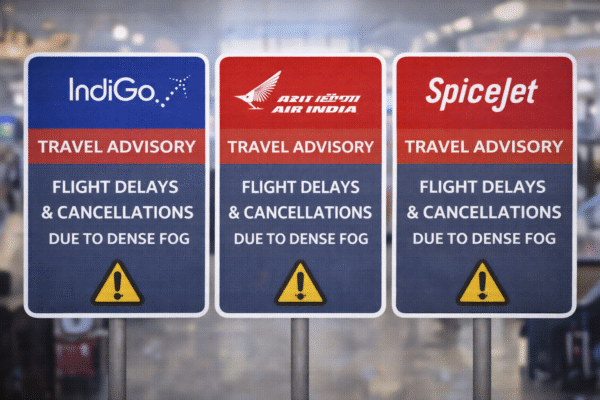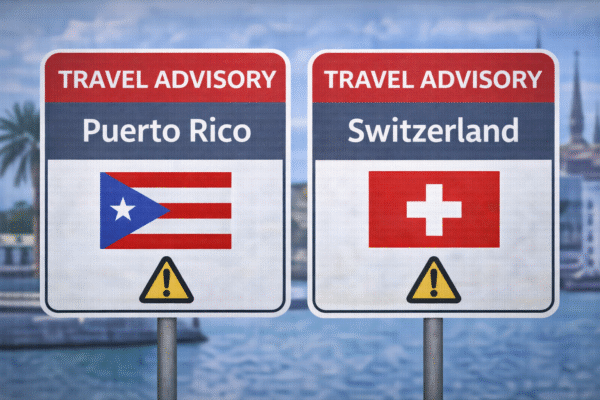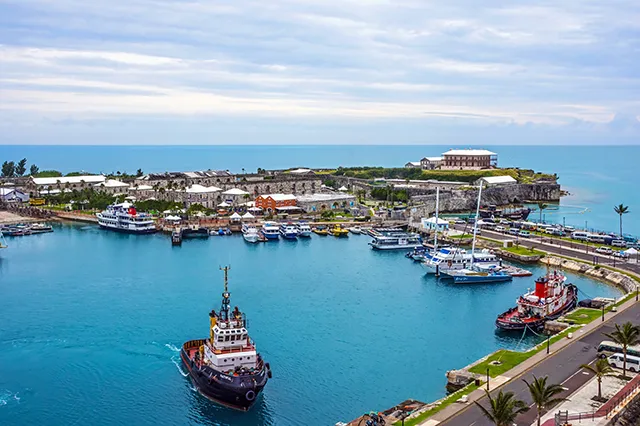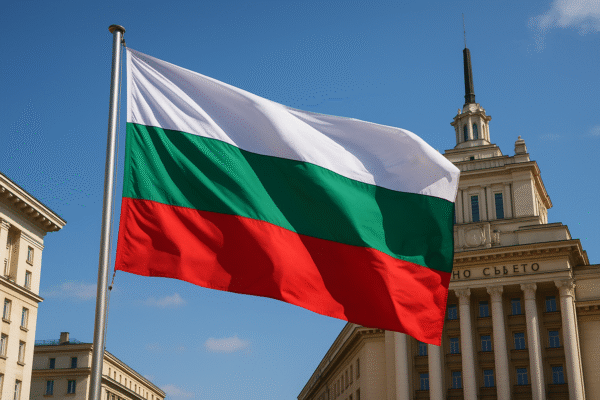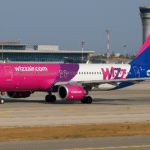In a significant policy shift to attract international talent and harmonize labor rights, Bulgaria will extend public health insurance to foreign nationals holding Single Work and Residence Permits beginning July 2025. This change will mandate employers to enroll foreign workers into the country’s State Statutory Health Insurance System, aligning their benefits with those of Bulgarian citizens and EU Blue Card holders.
The move comes as part of broader labor law reforms aimed at fostering a fairer, more inclusive employment environment for non-EU nationals working legally in Bulgaria. According to the Bulgarian Ministry of Labor and Social Policy, the update is designed to streamline integration, increase legal protection, and enhance Bulgaria’s attractiveness as a destination for skilled foreign professionals.
Equal Access to Public Healthcare
Under current laws, foreign nationals on Single Work and Residence Permits often rely on private insurance, which may be limited, optional, or inconsistent. The 2025 reform closes this gap, giving third-country nationals the same healthcare entitlements as locals. Employers will now be required to deduct and pay monthly health contributions on behalf of these employees through the National Revenue Agency, just as they do for Bulgarian staff.
“This reform not only harmonizes labor rights but also removes one of the biggest uncertainties faced by foreign professionals in Bulgaria—healthcare access,” said a spokesperson from the Bulgarian Employment Agency.
Who Will Be Affected?
- Third-Country Nationals: Non-EU citizens living and working in Bulgaria under the Single Work and Residence Permit.
- Employers: Companies employing foreign talent must now handle health insurance contributions and reporting.
- HR and Payroll Departments: Internal systems and procedures will need updating to comply with the new regulations.
The reform specifically targets holders of the Single Work and Residence Permit, which allows skilled foreign nationals to live and work in Bulgaria for over 90 days. This permit is typically valid for one year and can be renewed upon continued employment.
Why This Matters for Tourism and Economic Growth
Bulgaria’s decision to extend state health benefits to foreign workers reflects its ambition to become a more competitive destination for high-skilled immigration and long-term foreign investment. While Bulgaria is best known to travelers for its beaches, historical sites, and ski resorts, this legislative move highlights its evolving role as a European labor and business hub.
From a tourism perspective, the reform is also expected to encourage longer stays and relocations, particularly among professionals in fields like technology, finance, healthcare, and hospitality. As more skilled workers find Bulgaria a viable place to work and live securely, international mobility into cities like Sofia, Plovdiv, and Varna may see a measurable increase.
Alternative Work Permits in Bulgaria
Foreign nationals interested in working in Bulgaria have several permit options:
1. EU Blue Card
Reserved for highly skilled professionals, the EU Blue Card is valid for up to four years and includes family reunification rights. Applicants must have a job offer with a salary 1.5 times the national average and hold a recognized university degree.
2. Intra-Company Transfer (ICT) Permit
This applies to employees of multinational companies being relocated to Bulgarian branches. The permit covers managers, specialists, and trainees with at least 6–12 months’ tenure.
3. Seasonal Work Permit
Ideal for sectors like agriculture, tourism, and hospitality, this permit allows employment for up to 90 days per year.
4. Freelancer or Self-Employed Residence Permit
For independent professionals, this route requires demonstrating that one’s business positively contributes to Bulgaria’s economy.
Employers Face New Compliance Requirements
With the rollout of the new regulation, Bulgarian employers will need to update HR compliance systems and payroll processes to reflect their obligations under the national health insurance scheme. While this creates an administrative shift, it also simplifies employee onboarding and supports a more attractive workplace for foreign talent.
The National Revenue Agency (NRA) will oversee compliance, ensuring that all employers submit accurate monthly reports on foreign employees and their corresponding insurance contributions. Failure to comply could result in administrative penalties.
Toward a More Inclusive Labor Market
This legislative update is part of a broader national strategy to modernize Bulgaria’s labor market. It aligns with ongoing initiatives backed by the European Union and ILO (International Labour Organization) to make Central and Eastern Europe more competitive for international workers.
By integrating foreign workers more fully into the national benefits system, Bulgaria is not just promoting equity—it is enhancing its economic resilience in the face of talent shortages, particularly in IT, engineering, education, and healthcare sectors.
Final Thoughts
The inclusion of Single Work and Residence Permit holders in Bulgaria’s public health insurance system marks a milestone in the country’s evolution as a destination for skilled foreign workers. As this reform takes effect in July 2025, employers, policymakers, and foreign nationals alike will benefit from a more cohesive, transparent, and secure labor environment.
For international professionals seeking work-life stability in an affordable EU country, Bulgaria is fast emerging as a hidden gem—offering not only vibrant cities and cultural experiences but now also reliable healthcare coverage and legal protections that rival its Western European neighbors.
For more travel news like this, keep reading Global Travel Wire






